Jim H
TPF Noob!
- Joined
- Apr 14, 2008
- Messages
- 101
- Reaction score
- 0
- Location
- Grand Rapids, MN
- Can others edit my Photos
- Photos NOT OK to edit
Textbook definition from schooling days WAY back when .....
1. A good photograph has a clear subject.
It's about something or someone. It may even tell a story about that subject. However the subject is clear and unambiguous Whoever looks at the photo immediately sees the subject.
2. A good photograph focuses attention on the subject.
In other words, the viewers eye is immediately drawn to the subject.
3. A good photograph simplifies.
It includes only those elements that draw the eyes to the subject and it excludes or diminishes those elements that might draw the eye away from the subject.
1. A good photograph has a clear subject.
It's about something or someone. It may even tell a story about that subject. However the subject is clear and unambiguous Whoever looks at the photo immediately sees the subject.
2. A good photograph focuses attention on the subject.
In other words, the viewers eye is immediately drawn to the subject.
3. A good photograph simplifies.
It includes only those elements that draw the eyes to the subject and it excludes or diminishes those elements that might draw the eye away from the subject.




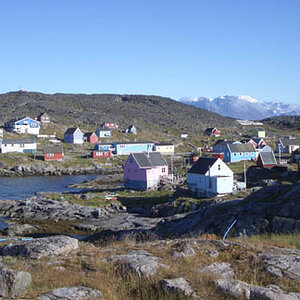
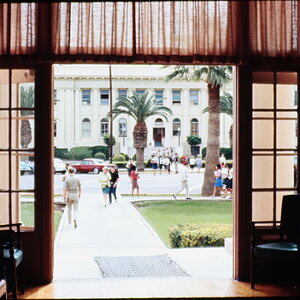
![[No title]](/data/xfmg/thumbnail/32/32705-430f9656769ce9d03c57fbe11537d5f5.jpg?1619735608)
![[No title]](/data/xfmg/thumbnail/35/35212-039632ef3763350189fc49390cb7eadf.jpg?1619736950)
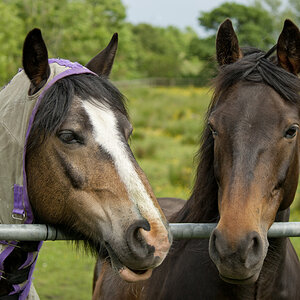
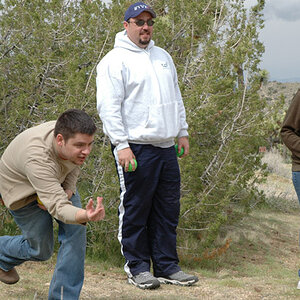
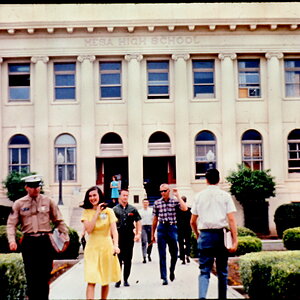


![[No title]](/data/xfmg/thumbnail/41/41765-153b10bab62ae8adbcc4d984fd08ed74.jpg?1619739885)